3 ★
Maple Bear Canadian Preschool, Yelahanka, Judicial Layout, Bengaluru
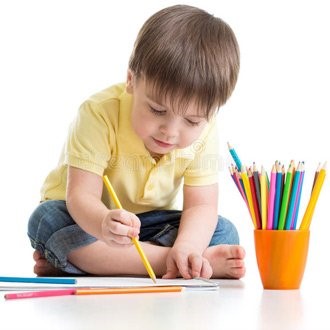
Children start to explore the world around them as soon as they are born. At Maple Bear Canadian Preschool, Yelahanka, the toddler curriculum enables children to continue their exploration. Early experiences in the first few years of life are critical for acquisition of skills as maximum brain development happens during this period. The objective of the program is to train parents to help them foster their child’s development by learning and practicing child development through a scientific approach.
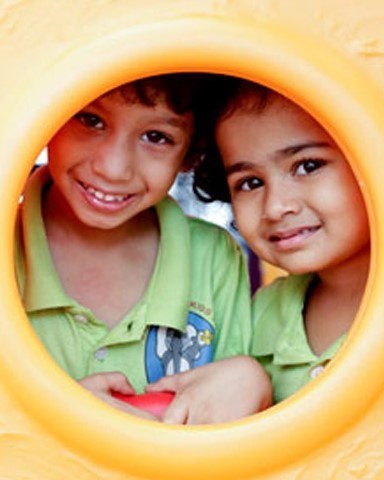
Quality education in the early years of preschool sets a firm foundation in the overall development of a child. At Maple Bear Canadian Preschool, Yelahanka, the nursery curriculum provides a right array of activities to help children move towards achieving their early learning goals. In Nursery, children are engaged in school readiness activities such as reading, writing, counting, number recognition and problem-solving in a fun-filled but purposeful manner.
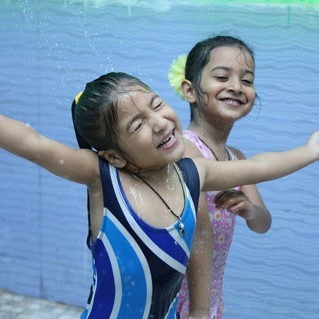
At Maple Bear Canadian Preschool, Yelahanka, curriculum ensures a smooth transition to formal schooling with meaningful and progressive learning experiences. In addition to age-appropriate activities in Kindergarten, which prepare a child for success in formal school; various other activities are conducted in the areas of language, numbers, general knowledge, music, art in a planned manner throughout the program.
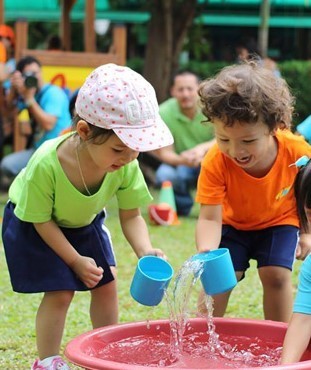
Play is the serious work of children. Children are naturally curious about their world and are eager to learn about it. They need to manipulate, explore, and experiment with real objects. Through play, children clarify information, integrate ideas from their previous experiences, and explore and experiment with their environment. Play also gives them the opportunity to add knowledge, learn new skills and practice familiar ones. They learn to deal with their feelings, interact with children and adults and resolve conflicts. Here’s where their imagination and creativity flourish, which is a crucial step to helping them develop problem solving skills. All Maple Bear Early Childhood programmes emphasize play and play-based learning as a critical component. Whether the children are learning language, developing literacy, exploring numeracy or discovering the natural world, they do so through activities and experiences that are play-based. Maple Bear teachers understand that young children are naturally effective learners if they are allowed to explore, discover, experiment, pretend and create in play-based environments. Teachers therefore plan and provide activities and experiences that nurture and develop these natural learning responses.

Maple Bear is unique because it is based on immersion learning which is different from more traditional language instruction. Maple Bear stands out among other immersion and language programs because its system is proven in 20 different countries. When is the best time to start a bilingual education? The research is clear, the younger the better. There is a definite window of opportunity when learning languages is the easiest. Up to the age of 7, children can learn a new language more effortlessly. As development progresses, this window of opportunity begins to close and further learning has to be gained through hard and more traditional learning. Other studies have also shown that children who learn a language before the onset of adolescence are much more likely to have native-like pronunciation. Immersion students will speak language naturally and will be able to manipulate and utilize words in any context. By contrast, rote learning may cram a large vocabulary into a child, but he/she may only use them in a specific sentence or context. So what are the benefits of bilingual education for young learners? For a start, it’s very good for development of a second language, a goal of many of our parents who chose Maple Bear for their children. Young bilingual learners have also been shown to have: better concentration, analytical skills and multi-tasking capabilities; they learn to read sooner than monolingual students; they have an increased sense of self-worth and identity; they have the ability to live abroad and learn other foreign languages later in life; enjoy exposure to more than one culture which leads to a global perspective. The Maple Bear learning environment is structured so that the children learn language in a natural way, the same way in which they learned a first language.
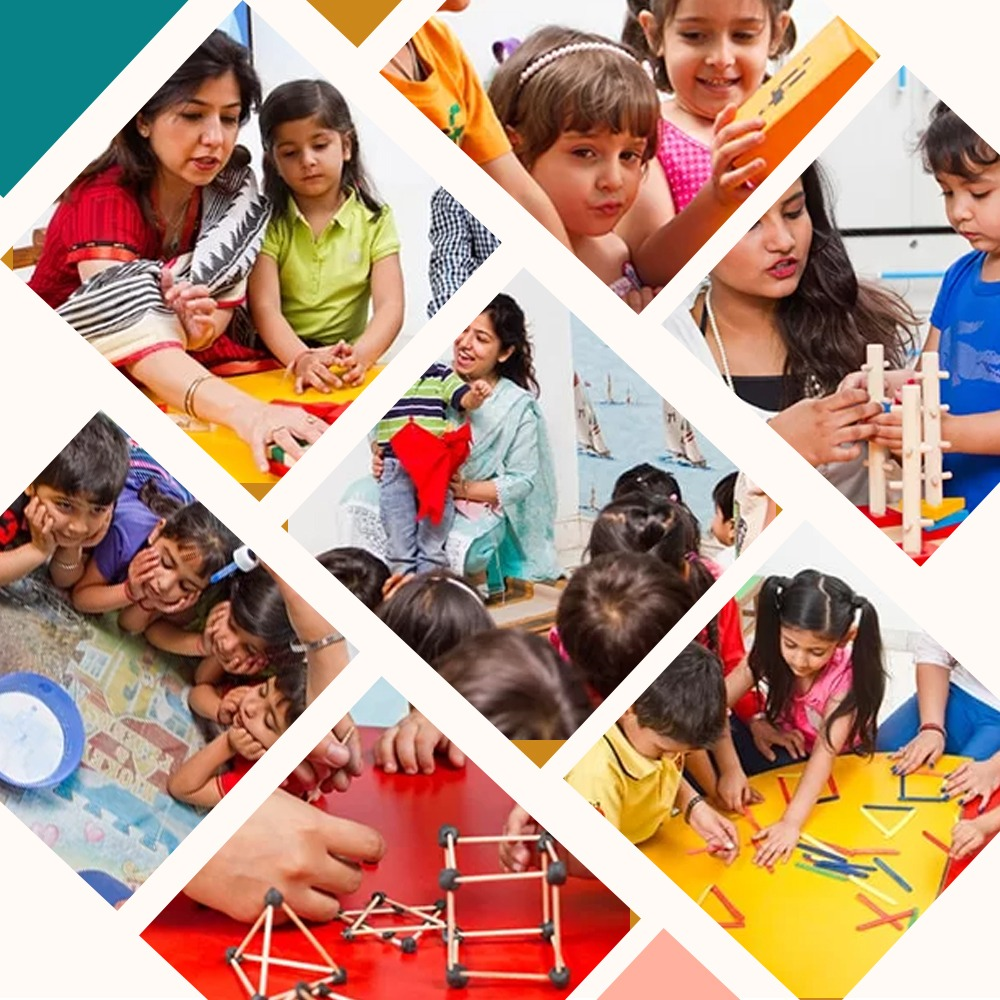
At our Maple Bear Canadian Preschool, Yelahanka, we understand the importance of hands-on learning and the positive impact it can have on a child's development. In our preschool we encourage the hands-on learning from a very early age, because we believe its a more engaging approach.
/uploads/school/not_verified_new.png)


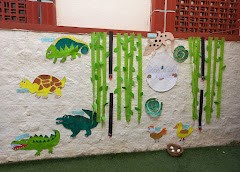
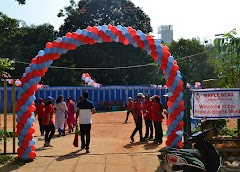
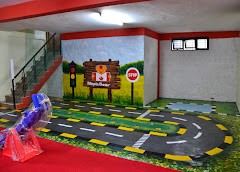
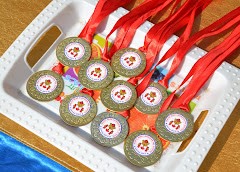
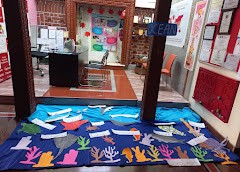
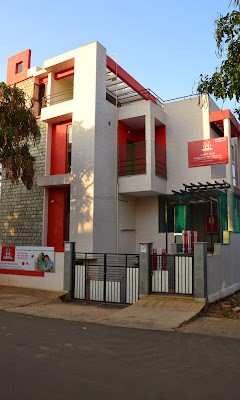
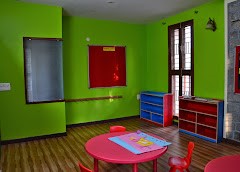
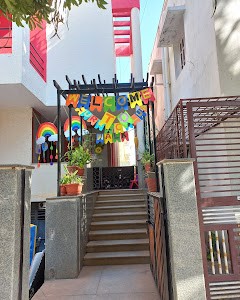
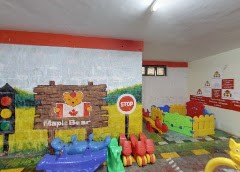
/filters:format(webp)/fit-in/300x300/uploads/albums/temp-1709715722046_202403060902041956.jpeg)
/filters:format(webp)/fit-in/300x300/uploads/albums/temp-1698731027174_202310310544019481.jpeg)
/filters:format(webp)/fit-in/300x300/uploads/albums/temp-1704783895420_202401090705003174.jpeg)
/filters:format(webp)/fit-in/300x300/uploads/albums/temp-1702459052809_202312130917386737.jpeg)